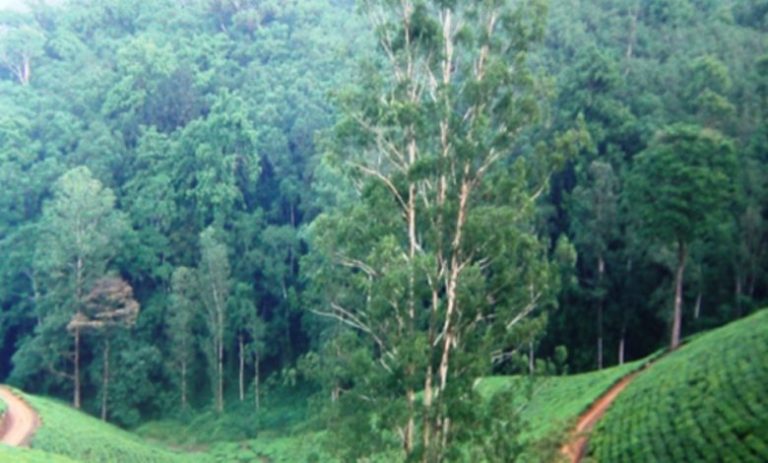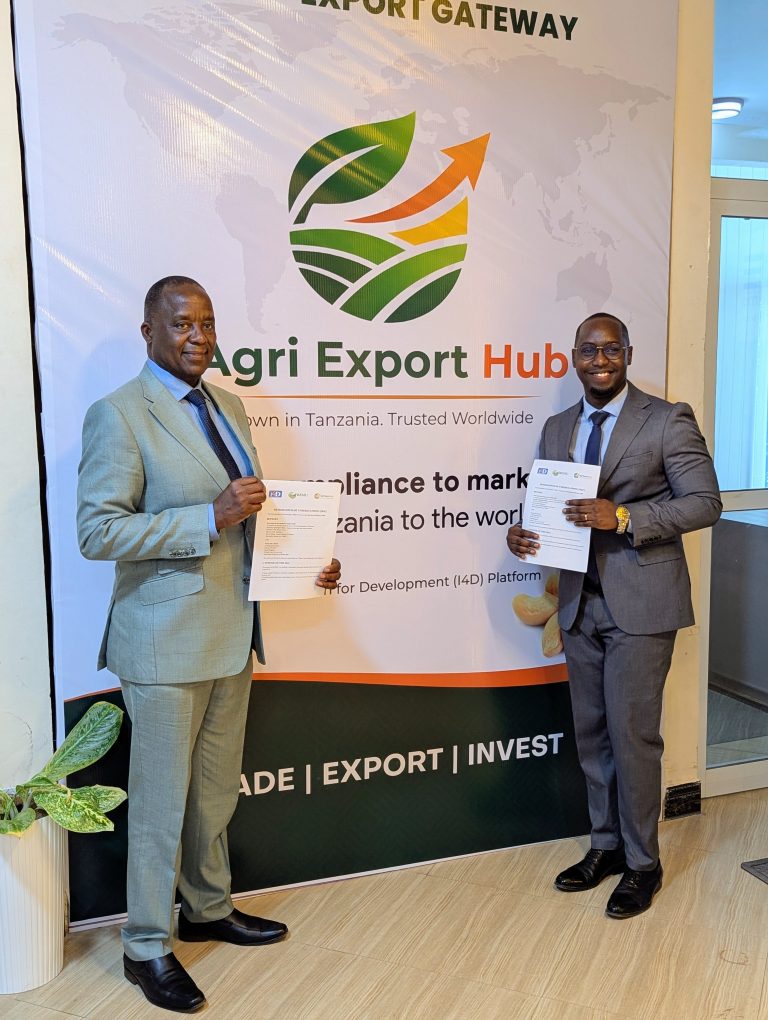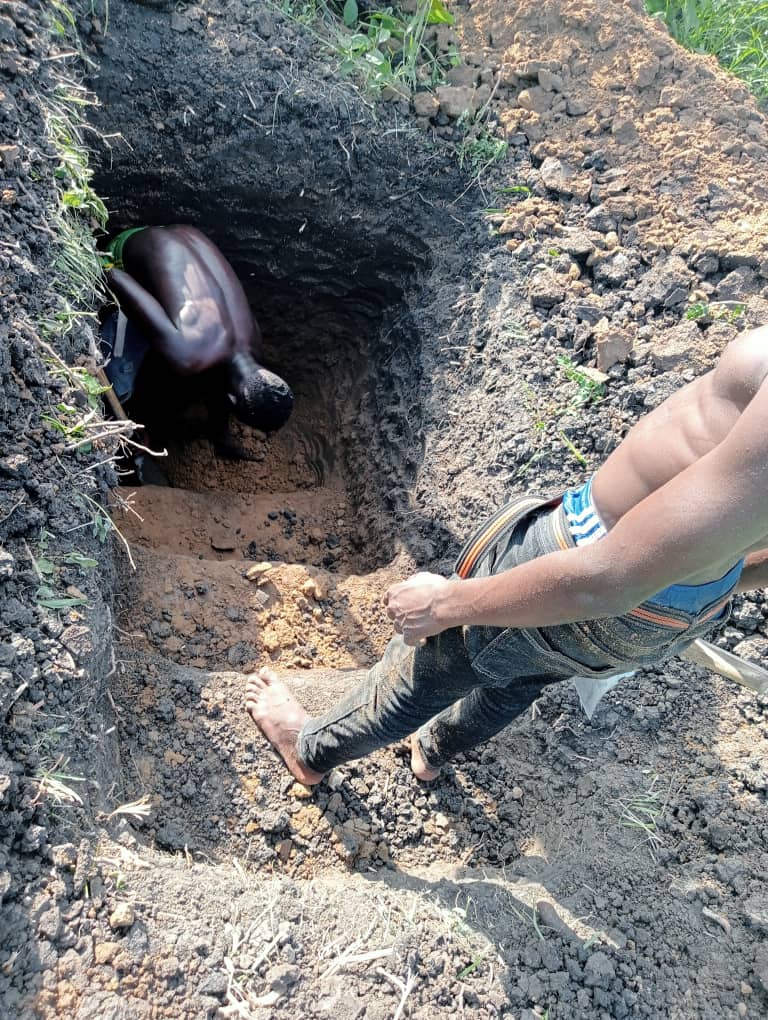
In the implementation of the clinic IUCN is bridging efforts with the Tanzania Agricultural Research Institute (TARI), the Kilombero Sugar Company and the National Sugar Institute (NSI)
MOROGORO. THE International Union for Conservation of Nature (IUCN) is implementing a robust farm clinic program to assist the sugarcane farmers surrounding the Kilombero Valley of Morogoro region.
The timely initiative is working to impart the farmers in the country’s famous sugarcane production valley with the best agronomic practices and technologies in order to improve production and productivity in the production of a tall tropical grass crop.
The development, among others target to enable the sugar manufacturing factories in the region to receive enough raw materials to process.
The timely strategy is part of implementation of an ambitious four- year (2022-2026) project, christened ‘SUSTAIN Pro, which is a brainchild of the International Union for Conservation of Nature (IUCN).

And in the implementation of the strategy IUCN is bridging efforts with the Tanzania Agricultural Research Institute (TARI), the Kilombero Sugar Company and the National Sugar Institute (NSI).
Speaking recently during a special farm clinic program held at Kitete- Msindazi village, Ruhembe ward, Mikumi district, Ms. Suzan Danda, the Program Officer from IUCN said the clinic has been designed to heighten cultivation performance of the sugarcane growers in the fertile valley.
She noted that in it’s full scope, the SUSTAIN Pro operates in Tanzania with an eye to assist the farmers engaging into the four sectors of sunflower, soybeans, paddy and sugarcane.
Ms. Danda further expressed, the project, SUSTAIN Pro, is a 10-year initiative aimed at addressing livelihood inequality, ecosystem degradation and agricultural challenges in key growth corridors in Tanzania.
” IUCN has decided to introduce the special farm clinic after coming aware that most of the sugarcane growers surrounding Kilombero valley are failing to deliver to their full potential due to lack of key agronomic practices and needed technologies,”
“During last year, the international organisation has cooperated with TARI to establish the farm clinic program in Kitete- Msindazi village of Mikumi district, through which a total of 375 farmers were reached, under four farmers association,” she informed.
The clinic, according to her, is playing major role to help disseminating key knowledge to assist the farmers to maximize productivity, as well as solving diverse challenged that used to upset their production.

She said this year’s ongoing clinic is focusing to cater to more than 300 sugarcane farmers within Kilombero and Ihemi production cluster, with the prime target being to empower the growers to adopt more useful technologies.
Speaking for her part, Ms. Lilian Peter Jacobs, the Agricultural Extension Officer of Kitete- Msindazi village said this year’s clinic has worked to introduced the farmers to special soil testing scanners, noted that the farmers are currently in professional acess to perform soil health testing.
“Among major challenges that used to derail performance of the farmers in this area was lack of opportunity to test for soil health at their farms,”
“But currently the clinic has enabling them to mastermind soil health testing for their plantations, the development which is placing them on a better side of understand the proper fertilizers and other agro- inputs suitable to be applied,” she said.
Ms. Leila Luiza, the Soil Researcher from the Tanzania Agriculture Research Institute (TARI) Kibaha Centre, said lack of awareness and technologies over soil health was thwarting majority of farmers to attain needed production and productivity.
“In this project, TARI has a great role to empower the farmers to ensure they perform soil testing ,” she said.
Speaking on behalf of the beneficiary farmers, Mr. Lomamus Kifaru, the Manager of Msindazi Farmer’s Association said the clinic is to a great extent helping the farmers to deter from unproductive local cultivation practices.
ABOUT IUCN
The International Union for Conservation of Nature (IUCN) is an international organization working in the field of nature conservation and sustainable use of natural resources.
Founded in 1948, IUCN has become the global authority on the status of the natural world and the measures needed to safeguard it. It is involved in data gathering and analysis, research, field projects, advocacy, and education. IUCN’s mission is to “influence, encourage and assist societies throughout the world to conserve nature and to ensure that any use of natural resources is equitable and ecologically sustainable”.






